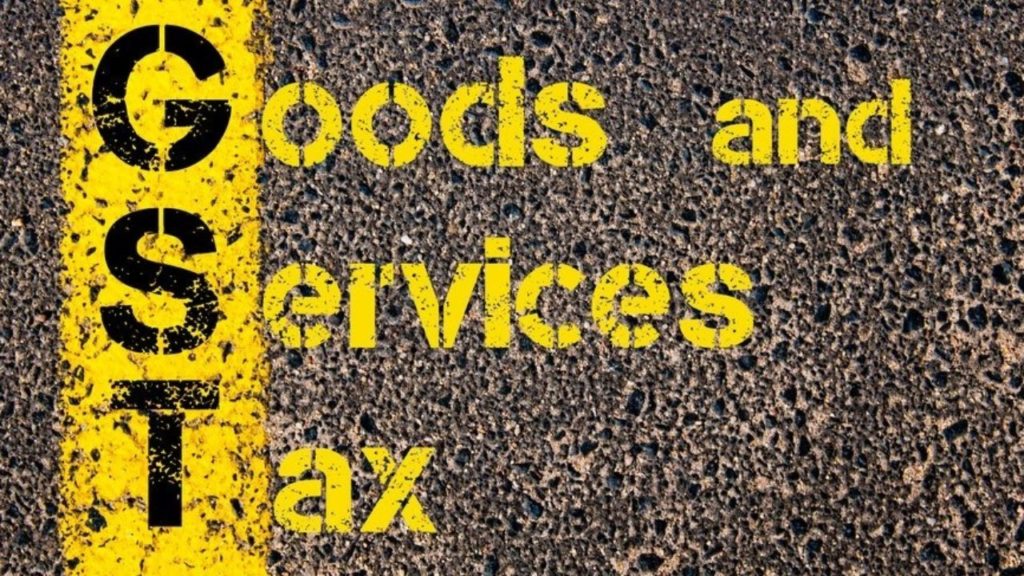Big Change In GST Slabs Announced For These Critical Products; No GST For Petrol/Diesel?

On September 17, the GST Council meeting was scheduled in Lucknow.
Indian ministerial panel on the country’s goods and services tax informed to propose taxing petroleum items at a single national rate, potentially causing a significant change in consumer costs and government revenue.
Following the Kerala High Court’s judgement, Finance Minister Nirmala Sitharaman remarked on Friday that the GST Council examined the matter of include gasoline and diesel in the tax structure.
Contents
No GST For Petrol And Diesel
The Kerala High Court, in response to a writ petition, asked the GST Council to consider whether or not to include petrol and diesel in the GST’s scope.
“It was brought on to the table for discussion. Members spoke very clearly that they wouldn’t want it to be included in the GST.”
-Union finance minister Nirmala Sitharaman.
“This will be reported to the high court as the GST Council felt it was not the time to bring petroleum products under the GST,” she added.
Reduced Tax Rates On Key Covid-19-Related Medicines
The council reduced tax rates on key Covid-19-related medicines — Itolizumab, Posaconazole, Infliximab, Favipiravir, Casirivimab, Imdevimab, Deoxy-D-Glucose, Bamlanivimab, Etesevimab, and extended duty exemption on other Covid-related drugs: Amphotericin B, Remdesivir, Tocilizumab, and anti-coagulants such as Heparin.
TThe reductions and the extensions will last till December 31.
Sitharaman said the Council decided to exempt GST on imports from 12% to zero. The medicines are Zolgensma for Spinal Muscular Atrophy, Viltepso for Duchenne Muscular Dystrophy, Other medicines used in the treatment of muscular atrophy recommended by the Ministry of Health and Family Welfare and Department of Pharmaceuticals.
GST For Footwear And Textiles Sectors
According to Sitharaman, the Council also determined to address the long-standing issue of footwear and textiles industries.
“GST rate changes to correct inverted duty structure, in footwear and textiles sector, as was discussed in earlier GST council meeting and was deferred for an appropriate time, will be implemented with effect from January 1, 2022,”
Finance Minister Nirmala Sitharaman
GST On Waste And Scrap Of Polyurethanes
GST on Cartons, boxes, bags, packing containers of paper etc from 12%/18% to 18% slab. Waste and scrap of polyurethanes and other plastics(5% to 18%), all kinds of pens(12%/18% to 18%).
Railway parts, locomotives & other goods in Chapter 86 is from 12% to 18% slab.
Miscellaneous goods of paper like cards, catalogue, printed material are now shifted from 12% to 18% slab, according to the press release.
GST For Food Delivery Services
Zomato And Swiggy Must Pay GST Instead Of The Restaurant
Online food delivery apps according to Sitharaman, must pay GST instead of the restaurants from which they pick up orders. The Council, on the other hand, stated that there will be no new tax.
“Suppose you order food from aggregator and restaurant is paying taxes. We found that some restaurants were not paying taxes. Now we are saying if you order via an aggregator, the aggregator will collect tax from the consumer and pay to the authorities instead of the restaurant doing this. There is no new tax,”
Revenue Secretary Tarun Bajaj said.
“While food delivery services would constitute e-commerce services, sufficient safeguards need to be taken in subjecting them to GST to ensure that smaller food outlets are protected and consumers do not end up paying more,”

Comments are closed, but trackbacks and pingbacks are open.